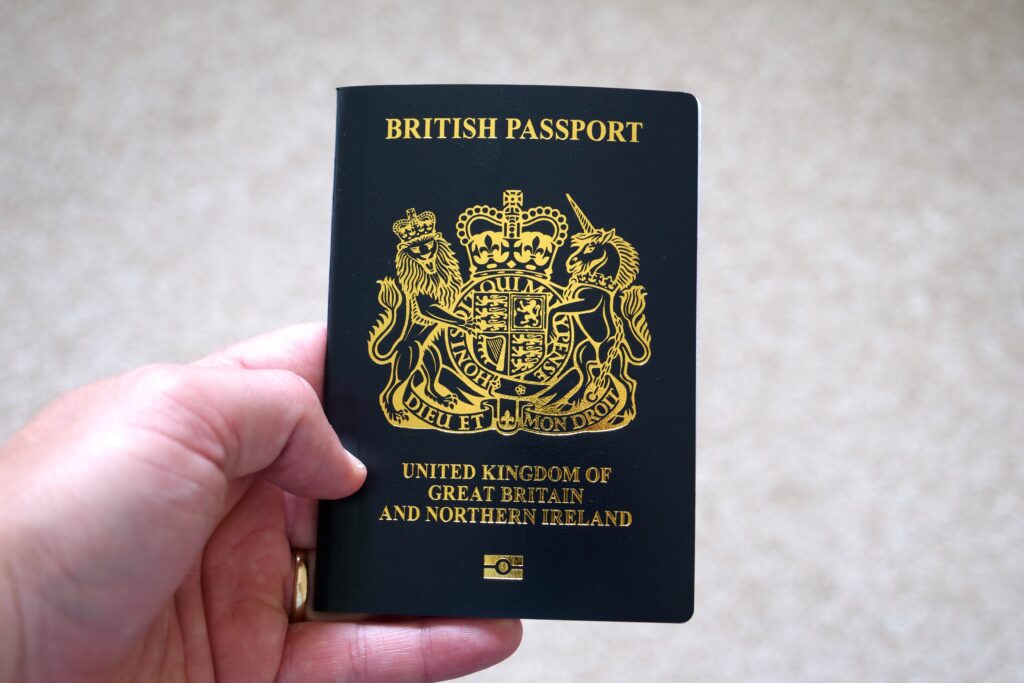
Library cards, frequent flyer cards, and supermarket loyalty cards, are all examples of functional identification cards. These IDs exist for a specific purpose and use case and usually can only be used with a specific organisation or ecosystem. Functional IDs are different than foundational IDs which tend to be issued by a government body. Foundational IDs are legal registrations of the identity of a person, available universally (hopefully) to citizens and serve multiple purposes. The prime example being a birth certificate.
Functional IDs tend to be a bit like Facebook. While we think we are getting something for free, we are actually ‘buying’ what is being offered with our data. The companies behind the functional IDs take the data we generate through usage to either sell us more of their products or they sell our data to other companies so they can sell us their products. We are the product they sell to advertisers (just like Facebook). Effectively, functional IDs are data collection devices for the companies offering them to their customers.
Humanitarian agencies have been using functional IDs for decades. We use them to track our interactions with the recipients of aid. And we use the data we collect to ‘prove’ our work to our donors. In the last few years, humanitarian agencies have been improving how their functional IDs work and begun consolidating datasets across their projects and even across multiple organisations. It is a treasure trove of data for data geeks. And where treasure is, there are significant power plays in action. I am not aware of and do not have proof of, humanitarian agencies selling their datasets to companies to generate income. However, the rumours abound.
Agencies are improving their data capabilities and increasing their cash programming. Our cash programming activities are forcing agencies to change their operating model (a good thing). However, cash programming, in particular, brings humanitarian agencies’ functional IDs in more contact with a country’s foundational ID system (because of KYC). And this is occurring in many contexts where millions of people don’t have a foundational ID. And this is occurring in the era of digital transformation where humanitarian agencies and governments are switching digital IDs.
In this space, humanitarian agencies need to spend more time working with the Civil Registration and Vital Statistics (CRVS) departments (or their equivalents) of countries than they do with private companies. Humanitarian agencies have a choice to make. Do we want to become more like facebook and treat the recipients like products we sell? Or do we want to use our datasets to enable ALL people to have a foundational ID by working more closely with CRVS departments?
We have a chance to bridge the gap between citizens without IDs into a world where they are recognised. Or we can sell the vulnerable’s data for a short term income target.
The choice is up to us.

0 Comments